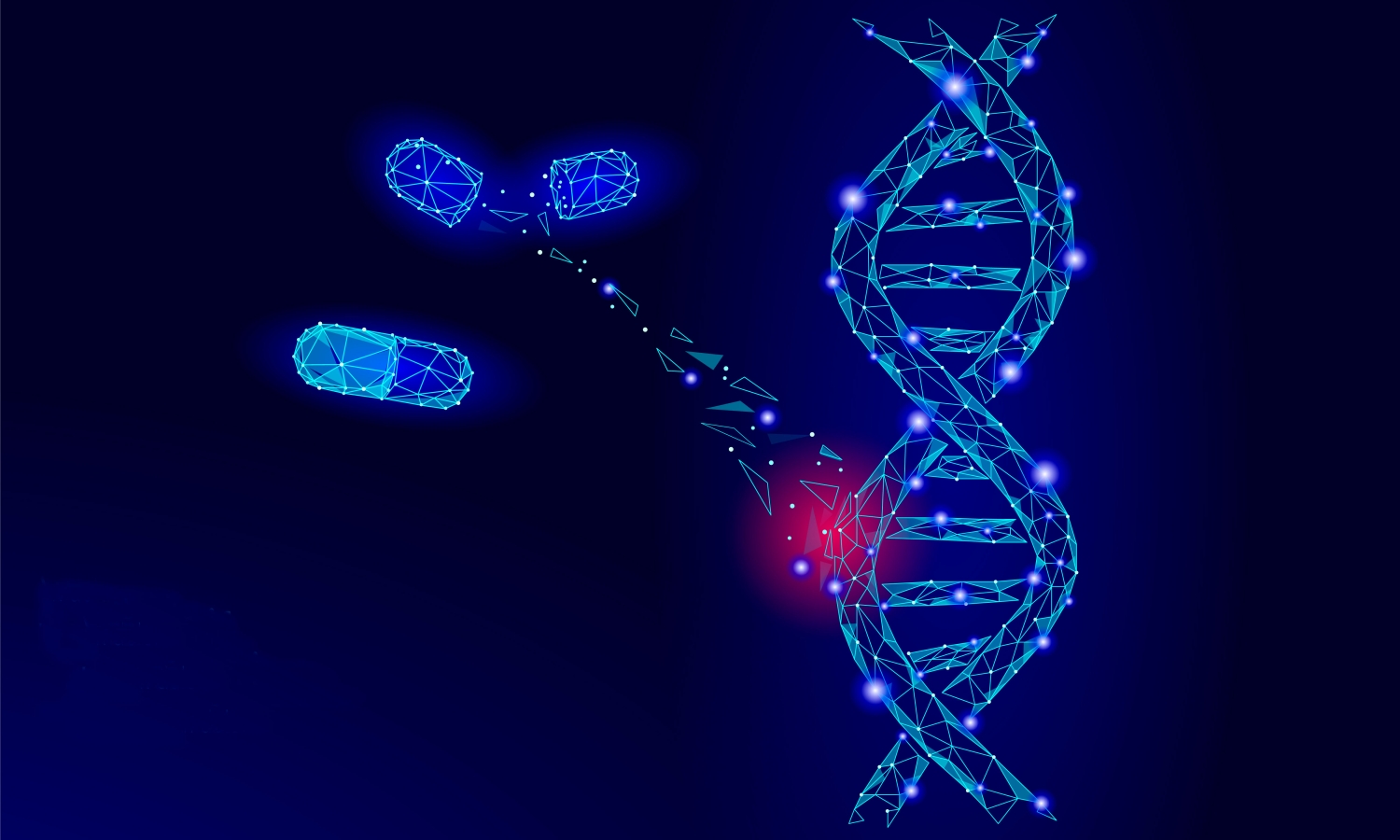
Scientists Unlock the Secrets of Anti-Aging: Gene Therapy Reverses Age-Related DeclineScientists Unlock the Secrets of Anti-Aging: Gene Therapy Reverses Age-Related Decline A breakthrough in gene therapy has sparked excitement among the scientific community, promising to revolutionize the way we approach aging. Researchers have identified a novel genetic pathway that underlies the aging process and have developed a gene therapy that effectively reverses age-related decline in animal models. Targeting the Ageing Gene Aging is a complex biological process characterized by a gradual decline in physiological functions and an increased susceptibility to diseases. While the exact mechanisms of aging are not fully understood, research has identified several key genetic factors that contribute to the process. In this study, scientists focused on a gene called Klotho, which is known to be involved in aging regulation. They found that Klotho expression declines with age, and restoring Klotho levels in aged mice resulted in a remarkable reversal of age-related decline. Gene Therapy Approach Building on this discovery, the research team developed a gene therapy approach to deliver the Klotho gene directly to aged animals. They used a viral vector as a carrier to introduce the genetic material into the cells. Once inside the cells, the Klotho gene was expressed, leading to a significant increase in Klotho levels. This restored the normal functioning of cells and tissues, reversing age-related changes in organs such as the heart, brain, and muscles. Rejuvenating Effects in Animal Models In preclinical trials, the gene therapy demonstrated remarkable rejuvenating effects in aged animal models. Mice treated with the therapy showed improvements in physical function, increased lifespan, and reduced age-associated diseases. For example, treated mice exhibited enhanced endurance and coordination, suggesting a restoration of muscle function. They also showed improved memory and learning abilities, indicating a reversal of cognitive decline. Moreover, the incidence of age-related conditions such as cardiovascular disease and cancer was significantly reduced. Potential for Human Applications The success of this gene therapy in animal models has raised hopes for its potential translation to humans. While further research is needed to establish safety and efficacy in humans, the preliminary findings suggest that gene therapy could become a transformative treatment for age-related conditions. If successful, gene therapy has the potential to extend human lifespan, improve overall health, and reduce the burden of age-associated diseases. It could reshape the way we approach aging, transitioning it from a gradual decline to a period of sustained vitality and well-being. Conclusion The discovery of a gene therapy that reverses age-related decline is a major scientific breakthrough that holds immense promise for the future of aging research. As scientists continue to delve deeper into the genetic basis of aging, we can expect even more transformative innovations that will help us live longer, healthier, and more fulfilling lives.
Posted inNews